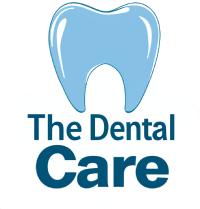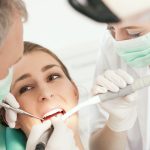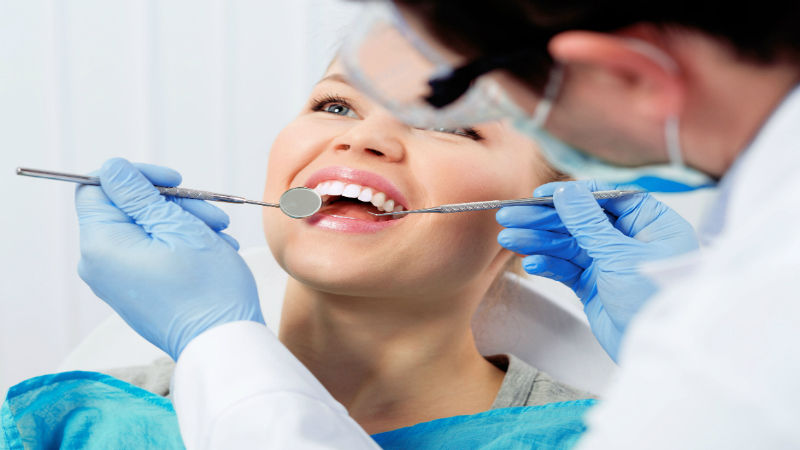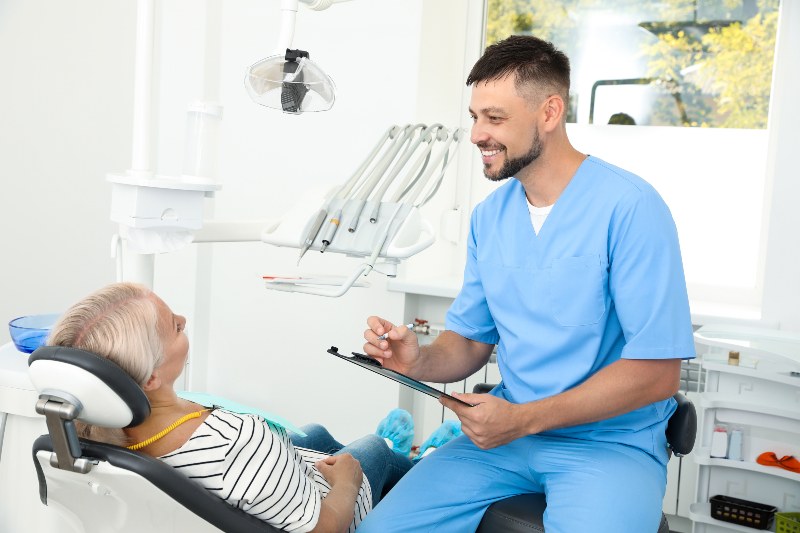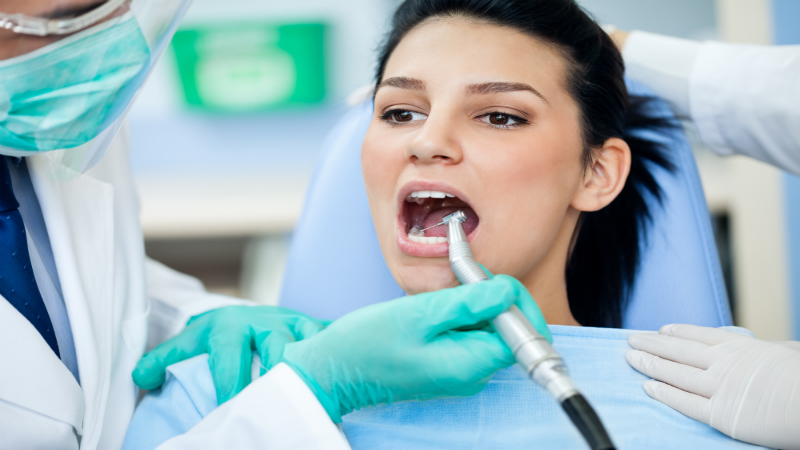 Does your jaw sound like Rice Krispies when you eat … snap, crackle, pop? Is your jaw sore or do you have a weird ringing in your ears?
Does your jaw sound like Rice Krispies when you eat … snap, crackle, pop? Is your jaw sore or do you have a weird ringing in your ears?
Chances are you may have temporomandibular jaw disorder (TMD) and you’re not alone. According to The TMJ Association, approximately 35 million people in the United States suffer from TMJ problems at any given time. The most likely candidate is a woman in her childbearing years (90%). Fortunately, for most people, the pain is temporary; however, others suffer a lifetime of migraine headaches, jaw pain and neck pain.
What Is TMJ?
The temporomandibular joint (TMJ) is where the upper jaw and lower jaw meet. There is no ONE known cause of TMJ, nor is there just ONE treatment option. The TMJ gets a workout throughout the day, helping you to chew, speak and yawn. It is one of the most used joints in the body, and is a highly complex joint, consisting of muscles, tendons and bones.
If you have TMJ, you will generally display the following symptoms:
- A bite that feels “off”
- Clicking or popping noises when chewing
- Dizziness
- Earaches
- Chronic headaches (neurological problems ruled out)
- Inability or pain when opening the mouth wide or yawning
- Jaws that lock
- Neck aches
- Ringing in your ears – tinnitus
- Shoulder pain
- Swelling on one side of the face
- Toothaches
As you can see from all the symptoms, TMJ can often mimic other conditions and can easily be misdiagnosed. There is no “one” type of doctor who specializes in TMJ, but a dentist is usually the first line of defense, since his expertise lies in the teeth, jaw and jaw muscles. Your dentist will examine your bite, teeth and jaw to identify areas of pain and tenderness, and see if your teeth are worn down. A dental x-ray, computer tomography scan (CT) or magnetic resonance imaging (MRI) may be necessary to rule out any co-conditions. Or your dentist may work in conjunction with your medical doctor to make sure it’s not a sinus or ear infection, facial neuralgia (nerve-related facial pain), or even a tumor.
Know that occasional soreness in the jaw is quite common and will usually go away after a few weeks. If the pain becomes severe, see your dentist as soon as possible.
Causes of TMJ
Although the cause of TMJ is unclear, most dentists feel it originates in the muscles of the jaw or the jaw itself. Here are some of the more common reasons behind TMJ:
- Arthritis or osteoarthritis in the TMJ
- Autoimmune diseases
- Habitual gum chewing or fingernail biting
- Infections
- Injuries to the head and neck
- Misalignment of the teeth (malocclusion)
- Occupational hazards like holding a cell phone to your ear
- Stress
- Teeth grinding
- Whiplash
TMJ Relief
Treatment for TMJ usually begins with non-invasive treatments. These may include:
- Rest the jaw. Do not eat hard, crunchy foods like raw carrots, taffy or chewing gum. Stick to soft foods like mashed potatoes, applesauce, soup, yogurt, etc. Cut your food into small pieces.
- Night guards. Your dentist may need to fit you with a night guard to get you to stop grinding your teeth. This is a custom-made acrylic appliance that keeps your top and bottom teeth from coming together and clenching.
- Medication. Your dentist may prescribe a pain reliever such as ibuprofen, or an anti-inflammatory drug. In more extreme cases, a muscle relaxant or sedative may be needed to relax the jaw muscles.
- Ice and heat. Both heat and ice therapy will reduce muscle spasms and tension.
- Braces. Depending on the position of your bite, braces, a crown or a bridge may be needed to correct any dental problems.
- Physical therapy.Massage and electrical stimulation may help to decrease the pain and increase the range of motion. Physical therapy can also help retrain the positioning of the spine, head, jaw and tongue, as can heat treatments with ultrasound and short-wave diathermy.
- Stress. If stress is the source, alow-dose tricyclic antidepressant taken at bedtime, or an antianxiety medication may be needed. Also, regular exercising and yoga may help.
Approximately 80% of people with TMJ will just need to change their habits, including what you eat and how you eat. Another 10% can be helped by a mouth guard. The remaining 10% will have to investigate surgical options after all other choices have been exhausted. Surgical possibilities may include arthrocentesis, arthroscopy, and open-joint surgery, depending on the source of the TMD.
Although there is no “cure” for TMD, the condition can be treated effectively … don’t suffer!
About The Author
Dr. Oleg Klempner and his staff at Park Dental Brooklyn have served the greater New York area for more than 20 years and are dedicated to providing a superior dental experience. In addition to general dentistry services, such as routine cleaning, fillings, root canals, and more, Park Dental Brooklyn provides numerous cosmetic procedures, including veneers, inlays and onlays, whitening, and Invisalign, among others. For more information or to schedule an appointment, call 718.573.3333 or visit website.
